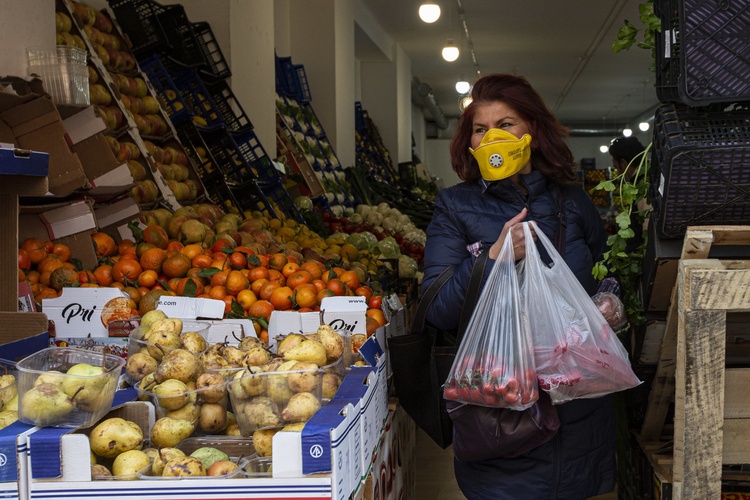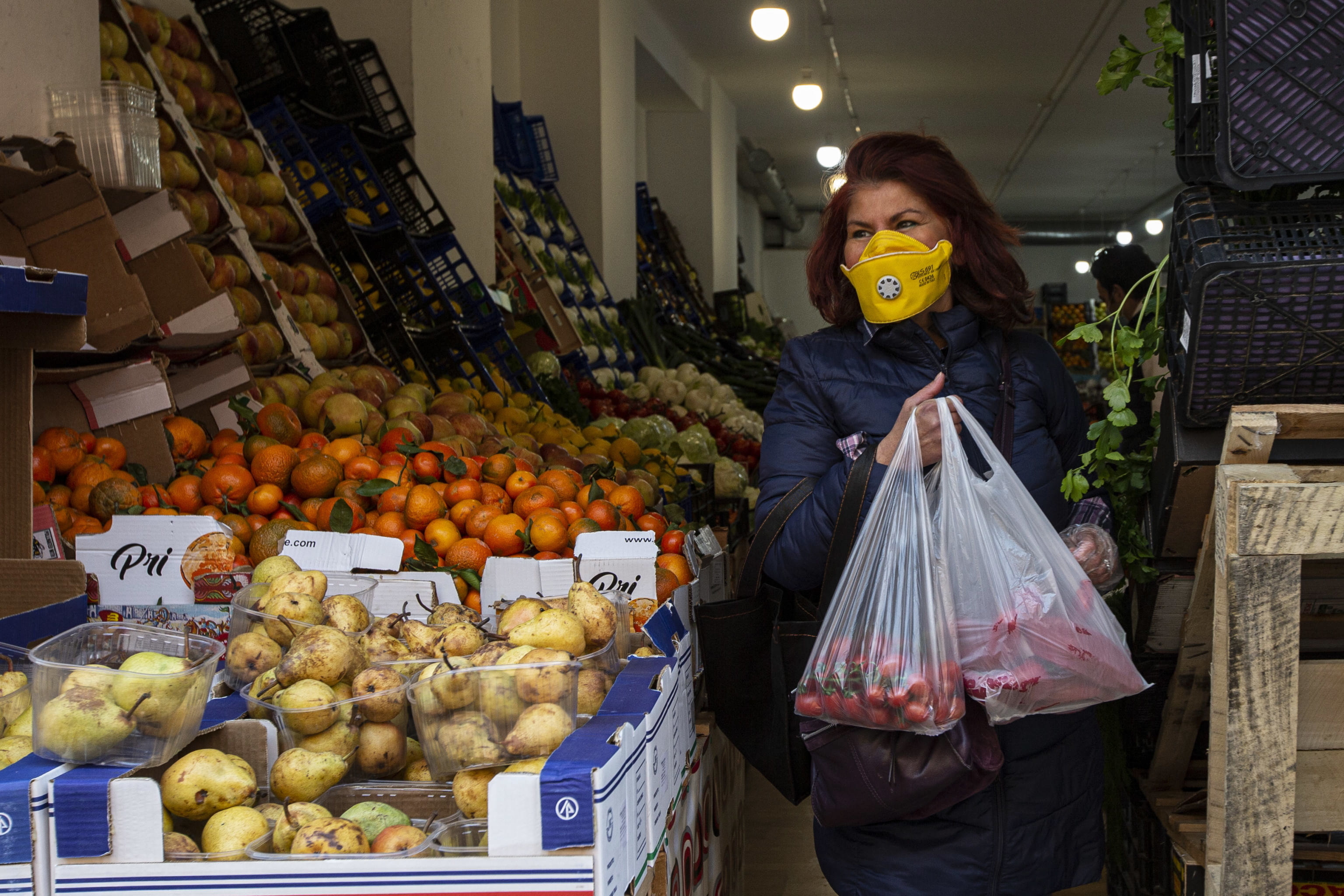COVID-19 has killed more than 2000 people in Italy and has forced Prime Minister Giuseppe Conte to close most businesses for at least two weeks under a nationwide lockdown.
“To cope with this great emergency, we will release around €25 billion for the benefit of the Italian economic system,” Conte pledged on Monday.
“We will put forward more measures with a plan for significant investments, which we will push through at a speed our country has never seen.”
As part of the “Italy Cure” rescue plan, €10 billion will be allocated “to support employment and workers” and another €3.5 billion to assist the healthcare system which has been severely strained by the outbreak.
The decree, approved at a cabinet meeting chaired by Conte, laid out new measures ranging from suspending tax payments to helping cover layoffs to mortgage relief.
Some of the specific measures include:
- Families can apply for permission to suspend their mortgage payments if business shutdowns caused by the pandemic threaten their livelihoods.
- Self-employed or seasonal workers can apply for a special payout of €600 in March.
- Parents can claim up to €600 to pay for babysitting.
- Parental leave is extended to 15 days.
- In March and April, people caring for a loved one with disabilities are entitled to take up to 12 days’ leave a month instead of three.
- Employees can claim time under quarantine as sick leave.
The package provides “a very strong injection of liquidity into the credit system that can mobilise around 340 billion [euros] in loans to the real economy, with suspension of loan and mortgage repayments,” Economy Minister Roberto Gualtieri said.
Neither Gualtieri nor Conte explained how much money was being injected into the financial system or how their estimate of €340 billion in cash flows was derived.
It represents roughly 20 per cent of Italy’s entire GDP.
Gualtieri did not mention how the government intends to offset the partial suspension of some tax payments and employee contributions until June.
He said Rome “counts on European funds” to support some of its measures.
Conte’s government is confident it has support from the European Commission for its stimulus package.
Gualtieri said fellow finance ministers from the euro area will follow Italy’s approach on income and liquidity support, delaying tax payments and providing support for investments.
“This is a European challenge which has to involve collaboration,” Conte said on Monday, in an appeal for more coordination between European Union leaders.












